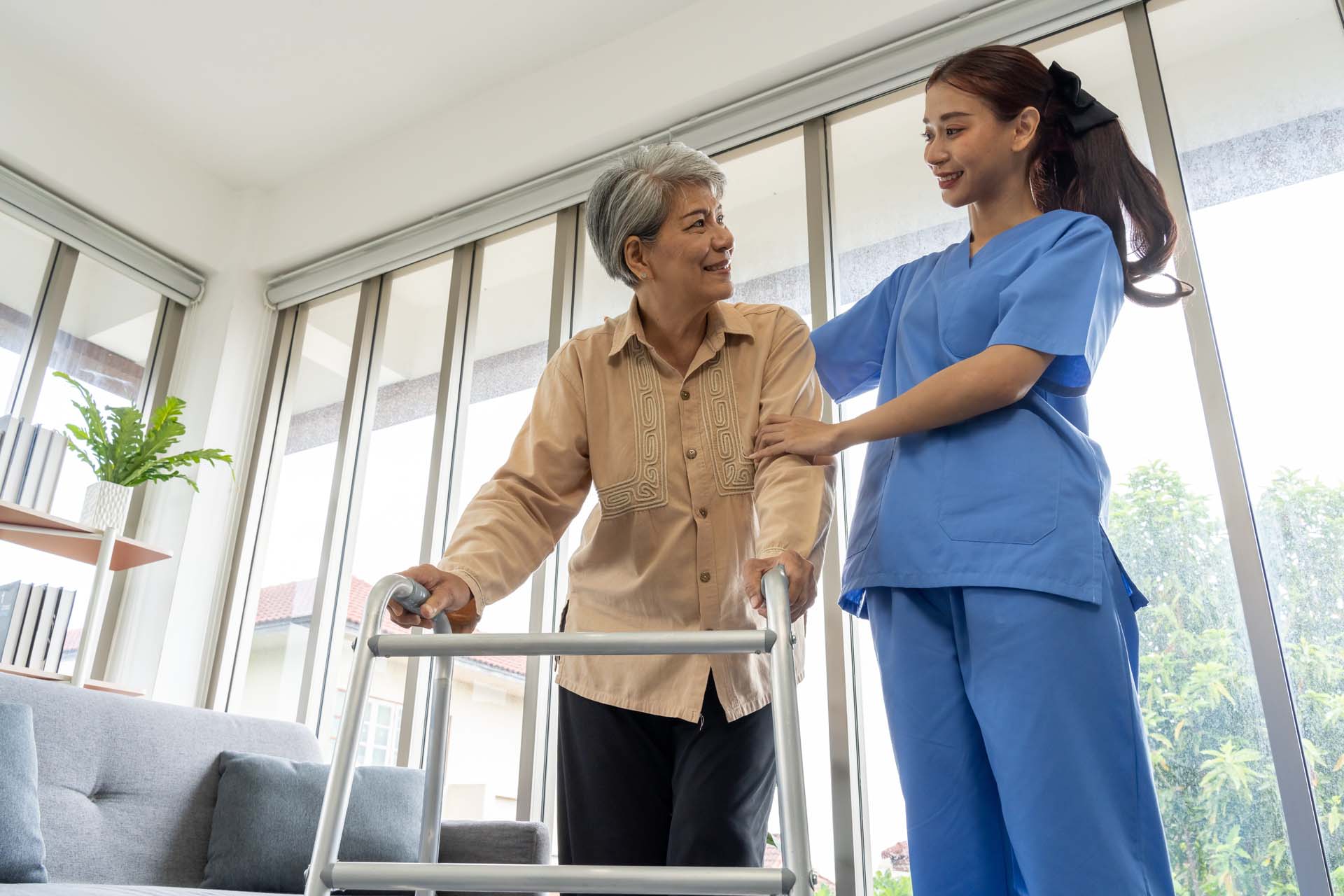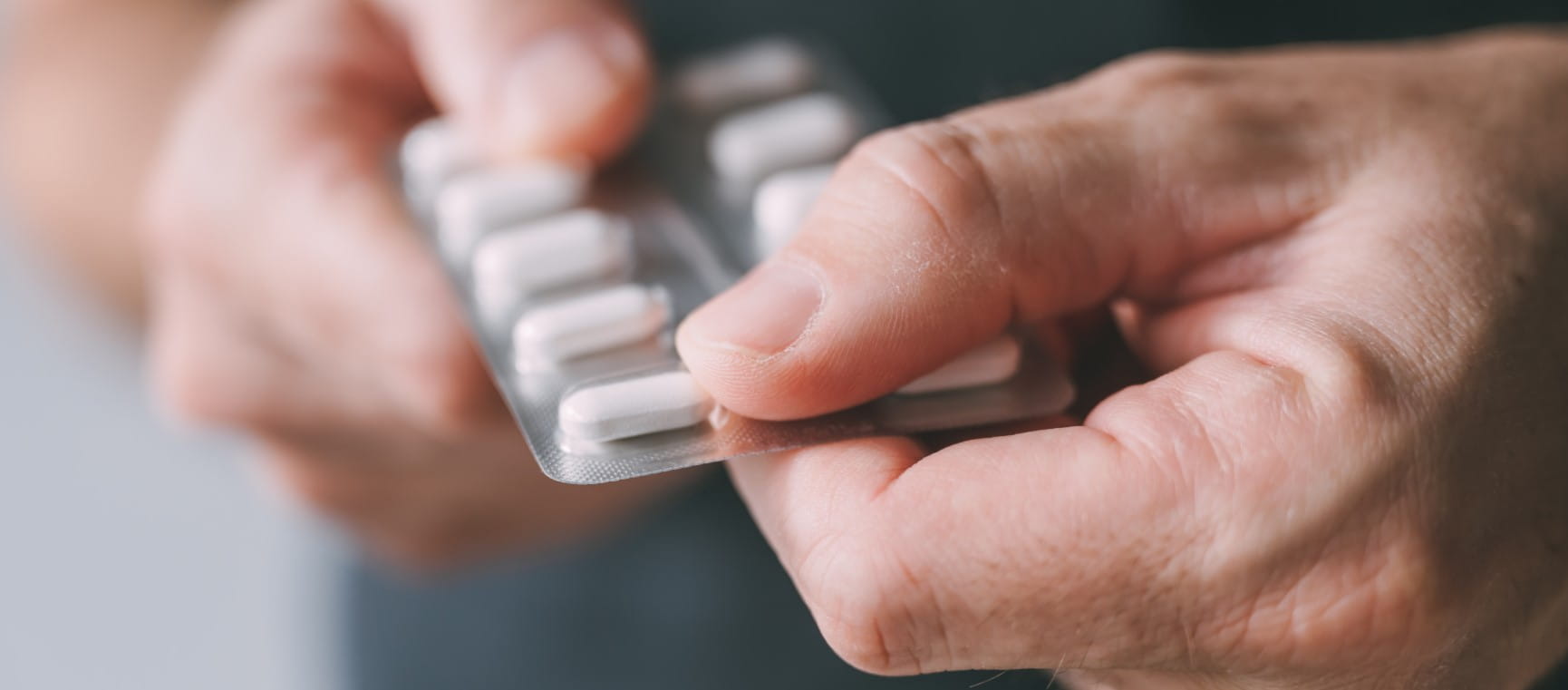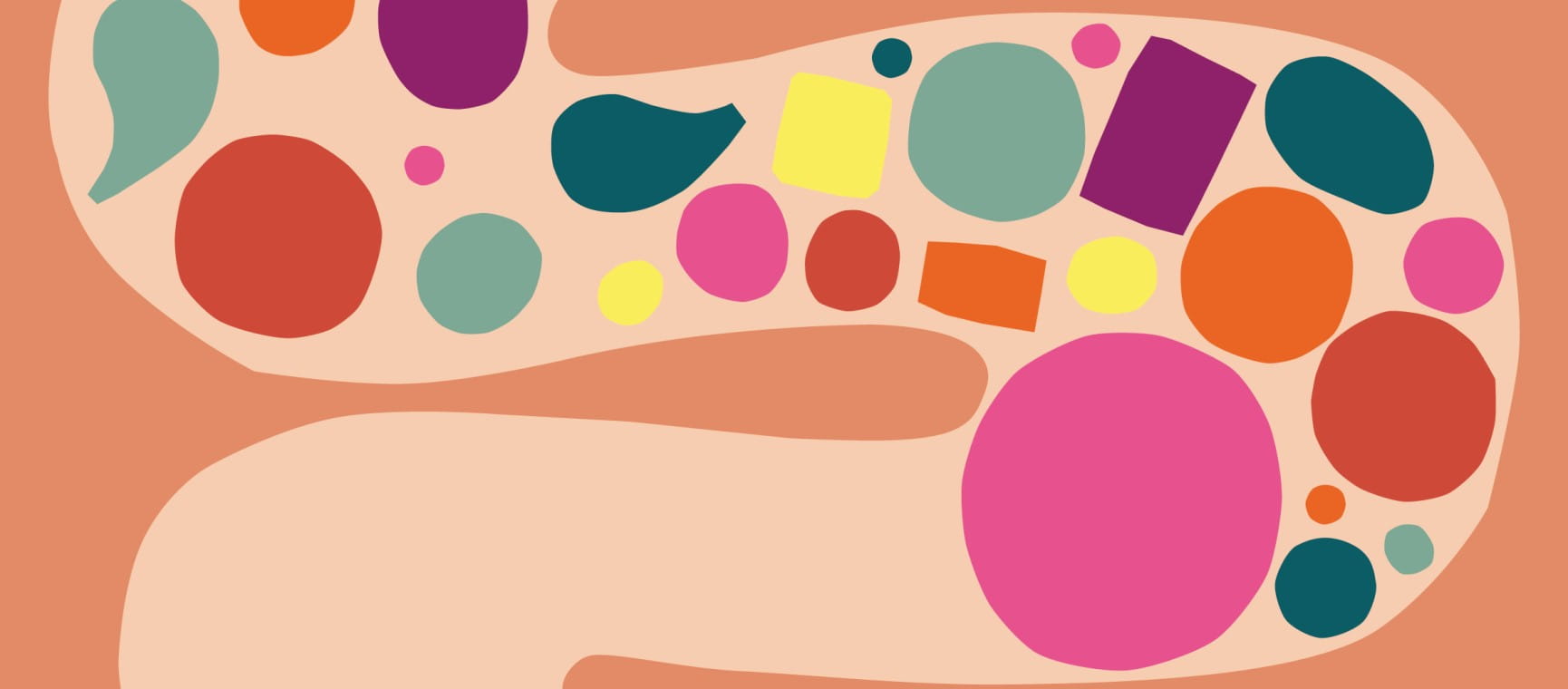
Sometimes, no matter how hard you try, going to the toilet becomes a right pain.
Medically speaking, less than three bowel movements a week is classified as constipated, but regularity is individual, so it might be more useful to notice symptoms such as straining, hard stools or bloating.
While you can get bunged up at any age, it’s much more common in older adults.
"The reasons for this are multi-factorial," says NHS GP Dr Dave Nichols, who has worked with Boots on its Bowel Health Rapid Test.
"Reduced mobility, not drinking enough water and changes in diet are all triggers." Slow transit constipation or ‘lazy bowel syndrome’ is the most common form in the over-60s, according to Dr Anthony Hobson, senior clinical gastrointestinal scientist and founder of The Functional Gut Clinic.
As we get older our muscles weaken, including the ones in the bowel and rectum that contract to move food through the body
"As we get older our muscles weaken, including the ones in the bowel and rectum that contract to move food through the body. This can be exacerbated by medications, including antidepressants and painkillers.
"Codeine, for example, slows everything down by confusing the co-ordination of contractions in your colon."
But we've got six natural ways you can help your gut and make everything a little less strained.
"Your digestive system wakes up just before you do, triggering big waves of colon contractions," says Dr Hobson.
"To encourage this, have a big glass of water on waking to get rid of dead cells from the stomach and bowel. Stand up to let gravity work its magic, then have a strong coffee, as caffeine will stimulate contractions."
Eating breakfast is also a cue, as it triggers the gastrocolic reflex, where food stretches the stomach, which then prompts the colon to get to work.
If you usually reach for bran, it’s time to branch out.
"The daily goal should be 25g to 30g of soluble and insoluble fibre. Soluble fibre, such as oats, citrus fruit and chia seeds, helps poo become softer, and easier to pass," explains clinical physiologist Jordan Haworth.
Increasing fibre can be counterproductive in certain older people
"Insoluble fibre, such as wholegrains, nuts and seeds, works by rubbing against the gut and stimulating contractions."
When adding fibre to your diet, do it slowly and increase your water intake to avoid stomach cramps. There is a caveat to the fibre message, he adds.
"Certain organisms in our microbiome produce methane gas when they feed on fibre, and methane slows down faecal transit through the colon. As we age, we have more of these methane-producing bugs, so increasing fibre can be counterproductive in certain older people."
If you’re interested in finding out more, Tummy MOT, a breath test can detect the presence of these bugs.
A study of 680 participants published in the Scandinavian Journal of Gastroenterology found that aerobic activity, including qigong and walking, was an effective treatment for constipation.
Pelvic floor exercises can also help, adds Dr Hobson. "Constipation is more common in women than men because pregnancy and hormonal changes put strain on the pelvic floor, reducing the natural ability to push.
"Strengthen the area by putting one hand on your stomach and one on your lower back then squeeze your pelvic floor and hold for 10 seconds. Repeat ten times, working up to 20 times a day."
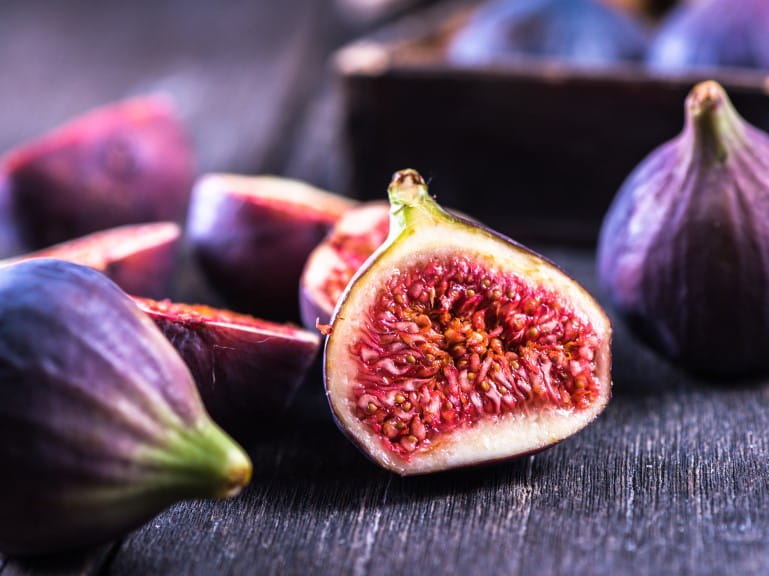
Generations of grandmas weren’t wrong about castor oil, liquorice and figs, says Orli Rhodes, dietitian at King Edward VII Hospital, London.
"Rather than unpleasant-tasting castor oil, consume olive oil, which acts as a lubricant, making stools easier to pass. Figs are best eaten with the skin on, providing a good form of insoluble fibre, while liquorice stimulates contractions in the gut."
And she suggests, "Buy dried liquorice root which you can mix with hot water to make a tea."
The old favourite, prunes, has been proven to work by scientists from King’s College London. They gave 120 adults 80g or 120g of prunes a day for four weeks and found significant increases in stool weight and frequency in both groups compared to the control.
Prunes contain sorbitol, a natural laxative.
Position is everything when it comes to loo visits, according to Haworth.
"Get your knees up by putting your feet on a potty stool or a couple of books when using the loo," he says.
"There is a muscle in your rectum that works like a sling, but it only opens up fully if you sit with your knees at a 35-degree angle rather than the traditional right angle."
Whatever you do, don’t strain.
"Only go to the toilet when you get the urge. Straining for hours just causes piles," adds Dr Hobson.
All fruit is a source of fibre, but there’s something extra special about the humble kiwi.
In 2023, scientists in New Zealand, Japan and Italy measured the effects of giving patients with constipation and constipation-predominant irritable bowel syndrome two kiwi fruits a day versus psyllium – a popular plant-based soluble fibre supplement.
They found that eating the fruit (without the skin) led to significantly more bowel movements and less gastrointestinal discomfort than taking psyllium.
"Kiwis contain an enzyme called actinidin, which stimulates the gut to work more," says Haworth.

Every issue of Saga Magazine is packed with inspirational real-life stories, exclusive celebrity interviews, brain-teasing puzzles and travel inspiration. Plus, expert advice on everything from health and finance to home improvements, to help you enjoy life to the full.

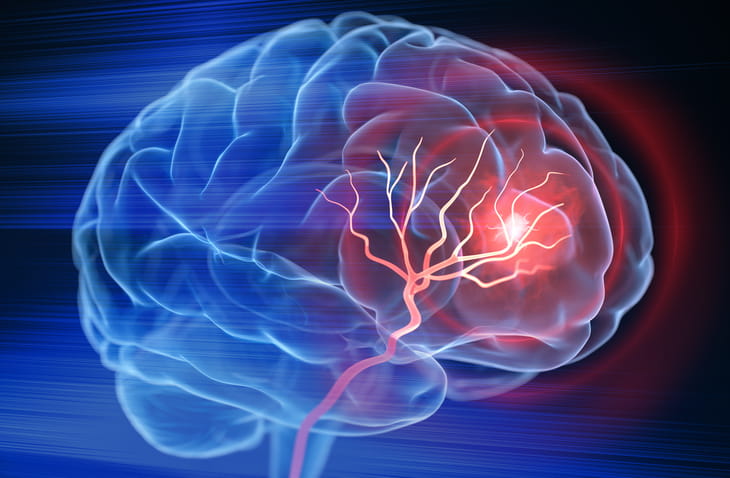
Facial weakness, a sudden headache and dizziness can all be signs of a stroke, we've got the facts from an expert.
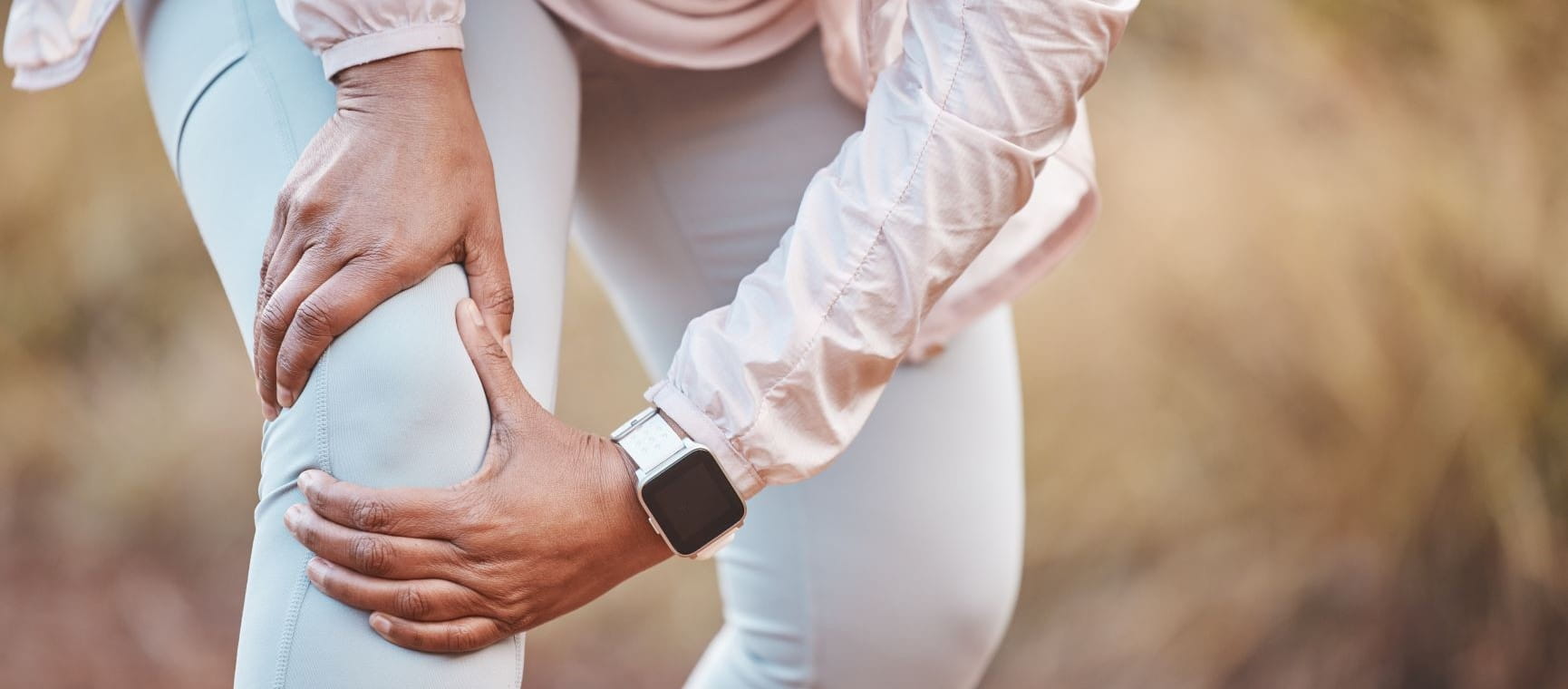
Knee pain is more common as we age: to help we've got the best advice from 3 leading experts with easy ways to make a difference.
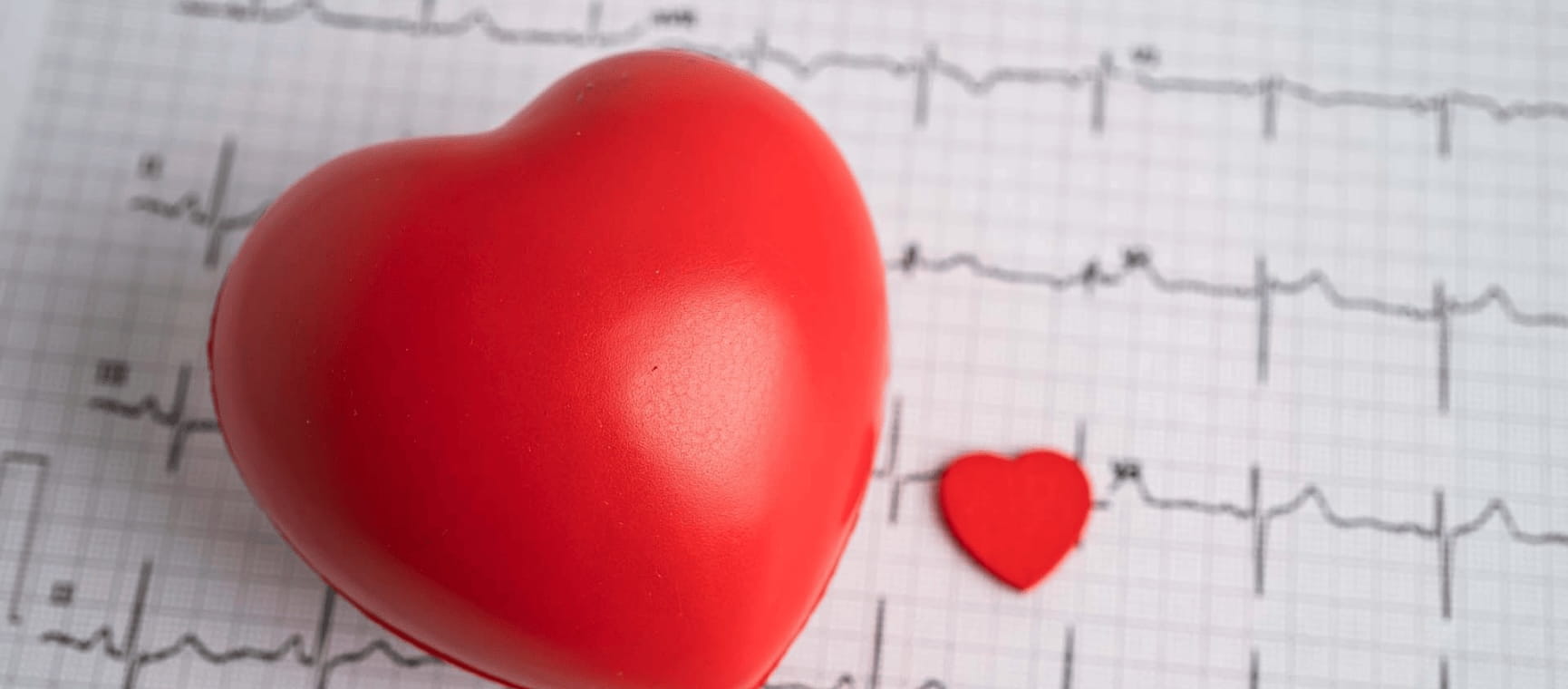
Do you know the symptoms of a heart attack? Here’s what to look out for, and how to prevent one.
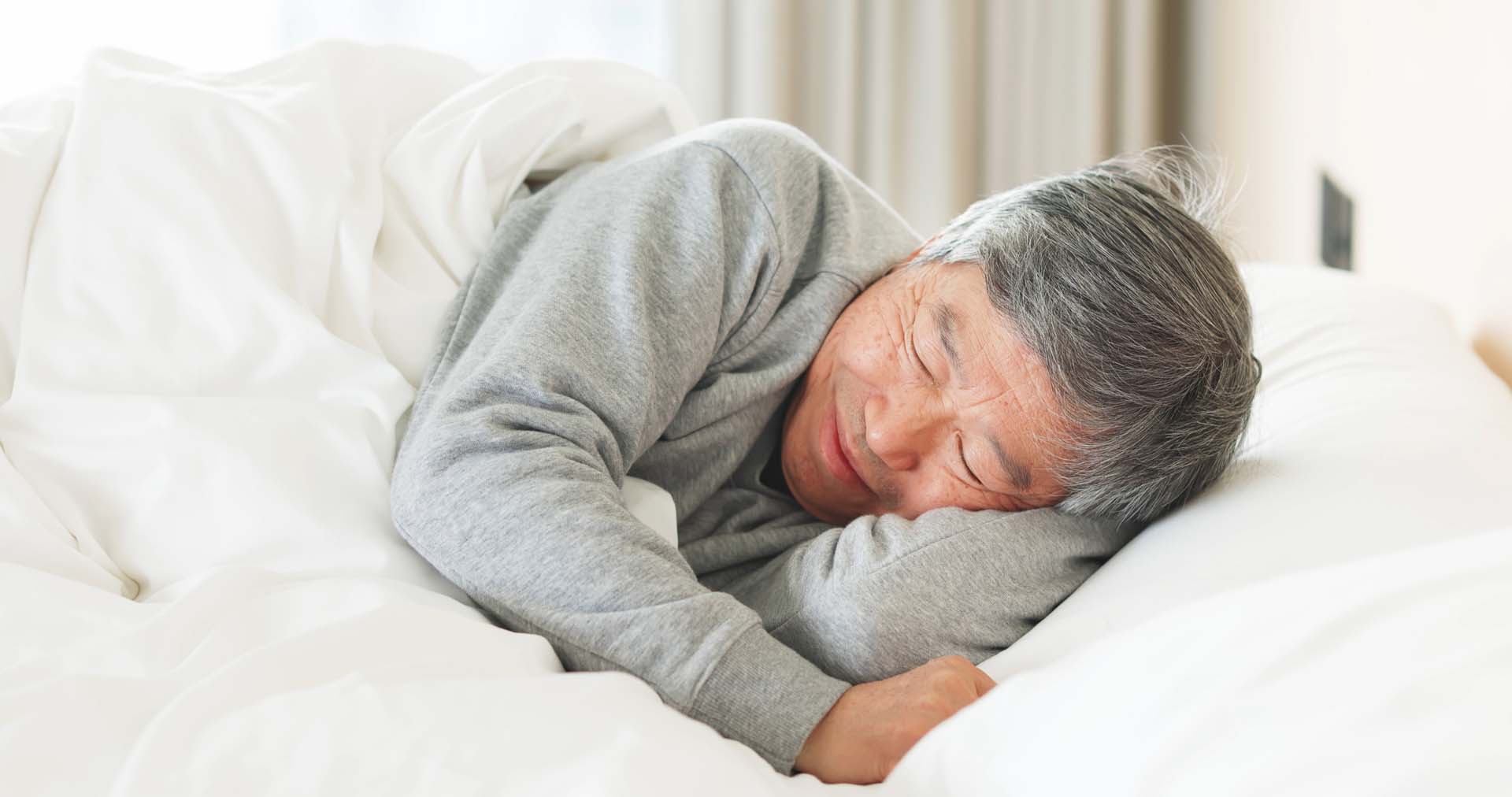
Front, back or side? Which sleeping position is best for you as you get older, and which ones you should avoid
